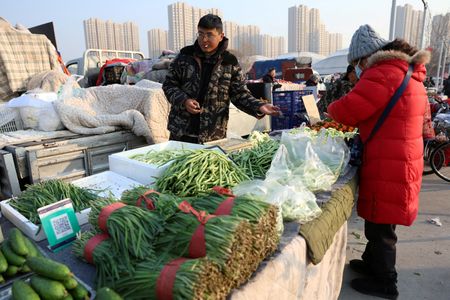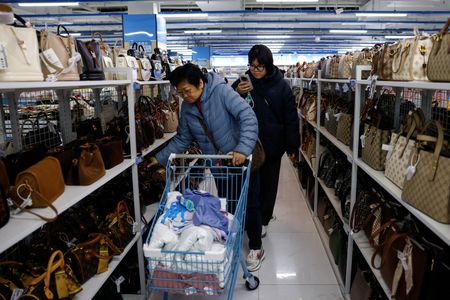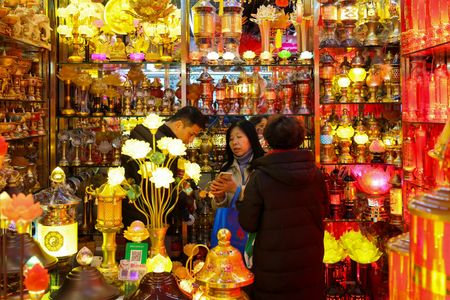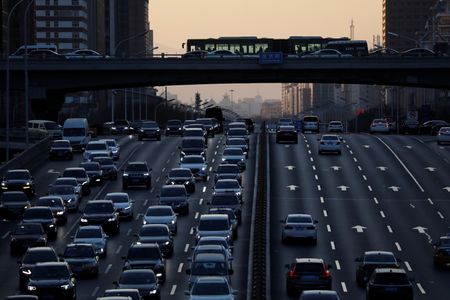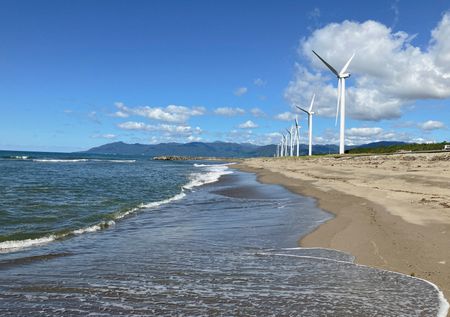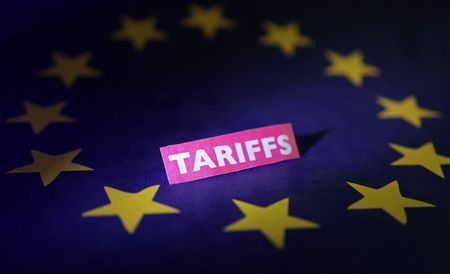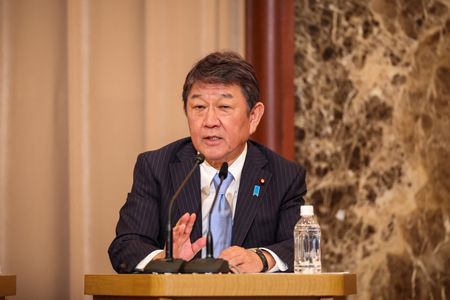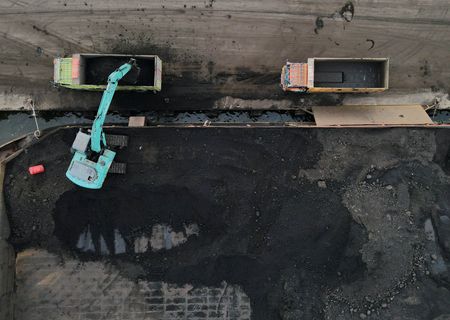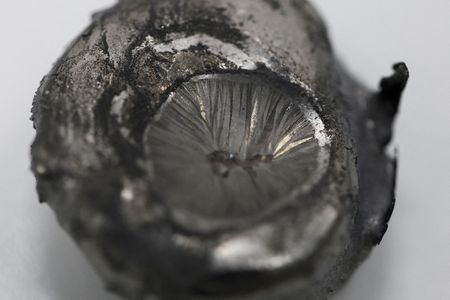BEIJING (Reuters) – China’s producer deflation eased in August, suggesting Beijing’s efforts to rein in excessive competition and price cuts in key industrial sectors were starting to bear fruit, though analysts say manufacturers remain some way off from a reflationary cycle.
Data released by the National Bureau of Statistics (NBS) on Wednesday also showed consumer prices fell at the fastest pace in six months, reflecting food price volatility, but the core index rose to a 2-1/2-year high.
The producer price index dropped 2.9% year-on-year in August, narrowing from a 3.6% decline the previous month. Economists polled by Reuters had projected a 2.9% fall.
“Effects of ‘anti-involution’ that started in June-July are starting to be felt,” said Xu Tianchen, senior economist at the Economist Intelligence Unit.
“But a continued upcycle is still some way off for China,” Xu said, citing painful capacity restrictions that are yet to be fully implemented by businesses and a global economic slowdown.
The easing in factory-gate deflation comes after authorities recently stepped up calls for key sectors to scale back cut-throat competition. A prolonged price war, for instance, in the auto sector, has taken a toll on major automakers’ financial metrics.
The producer price downturn in China has persisted for almost three years, hurting profits of manufacturers who also have to weather weak consumer confidence and uncertainties stemming from U.S. trade policies.
Customs data released earlier this week showed China’s export growth slowed to a six-month low in August as a brief boost from a tariff truce with the U.S. faded.
The consumer price index was down 0.4% last month from a year earlier, NBS data showed, worse than the Reuters poll forecast of a 0.2% dip. Prices were unchanged in July.
The fall back into negative territory “reflects volatile food prices,” said Zichun Huang, China economist at Capital Economics.
Food prices fell 4.3%, compared with a 1.6% decline the previous month.
Weak consumer demand has weighed on China’s economic growth as the property market downturn persists and U.S. tariffs squeeze exports.
On a monthly basis, CPI was unchanged versus a 0.4% increase in July, slower than economists’ forecast for a 0.1% uptick.
Core inflation, which excludes volatile food and fuel prices, was up 0.9% in August from a year earlier, quickening from July’s 0.8% rise and the highest rate since February 2023.
“It seems that demand stimulus played a role in propping up prices, even if it’s still far from China’s own inflation target,” EIU’s Xu said.
Policymakers have repeatedly pledged to boost consumption and in August rolled out interest subsidy schemes for individual borrowers of consumer loans as well as businesses in eight consumer service sectors including catering and tourism, in a bid to spur borrowing and spending.
(Reporting by Qiaoyi Li, Yukun Zhang, Tina Qiao and Ryan Woo; Editing by Tom Hogue and Shri Navaratnam)

